DHAKA, June 27 (V7N)– The Bangladesh government today issued a clarification regarding the removal of a makeshift temple in the Khilkhet area of Dhaka, stating that the action was a lawful administrative procedure to reclaim public land and urged the public to "refrain from reacting on any matter disregarding the facts and ground realities."
In a statement from the foreign ministry, addressing media reports and concerns alleging the destruction of a Durga temple, the government provided a detailed timeline of events. It noted that during Durga Puja in October 2024, the local Hindu community erected a makeshift Puja Mandap on land "undisputedly owned by Bangladesh Railways" without prior permission. Bangladesh Railways subsequently granted conditional permission for the festival with the understanding that the structure would be removed afterward.
"Regrettably, after the Puja was over in October 2024, the organizers declined to remove the makeshift Mandap violating the mutual agreement. Rather they established a 'Maha Kali' (Kali Murti) there," the statement read. Despite repeated reminders, the organizers reportedly attempted to make the temporary structure permanent, disregarding their agreement with the authorities.
In December 2024, Bangladesh Railways consulted local community representatives and the Mandap organizers and issued a public notification. This notification instructed the removal of all unauthorized structures, including shops, vendor stalls, and party offices, built along the railway tracks.
The government emphasized that the land, stretching 200 feet east of the existing railway line, is crucial for a vital infrastructure project: the "Construction of 3rd & 4th DG line in Dhaka-Tongi section and Doubling of Dual Gauge line in Tongi-Joydebpur section of Bangladesh Railway."
"Over the past months, repeated reminders to the illegal land occupiers went unheeded to. On 24th and 25th June, Bangladesh Railways finally asked all to remove all the unauthorized installations, including the Puja organizers to remove the temporarily built Mandap," the statement continued. "Finally, on 26th June, following due process, Bangladesh Railways proceeded to peaceful eviction of all unauthorized structures along the rail track in Khilkhet area."
Crucially, the government highlighted that during the eviction, "the idol of the makeshift Mandap was immersed in the nearby Balu River, in due reverence, with the participation of the members of local Hindu community," to ensure respect for religious sentiments.
The government reiterated that "the removal of unauthorized structures in order to recover government land is a regular and lawful administrative activity." It stressed that while Bangladeshi laws ensure the protection of all places of worship, "it is not permissible for any to build any religious structure encroaching public land under any circumstances."
The statement concluded by asserting that "The organizers of the makeshift Mandap exploited the trust and goodwill of the Railway authorities by violating their agreement." It affirmed Bangladesh's firm commitment to safeguarding the rights of all communities, including the protection of places of worship, upholding its "syncretic tradition where every citizen can - and does - live and prosper freely irrespective of one's faith or belief, in an inclusive and open society."
END/MSS/RH/







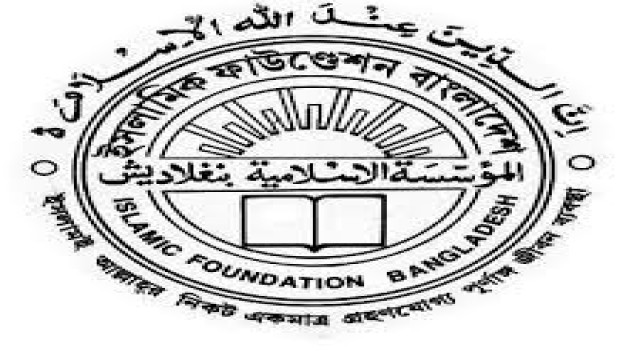
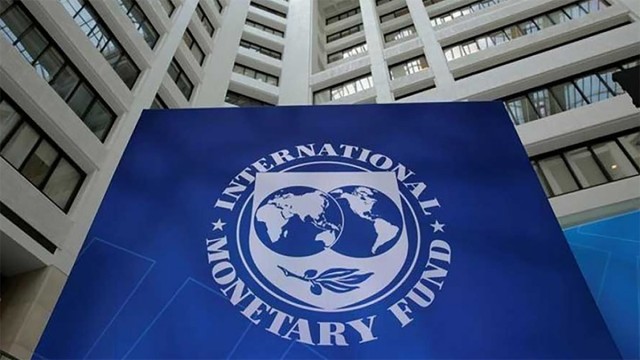





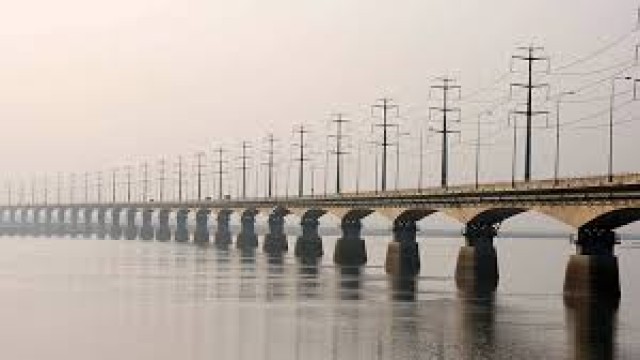


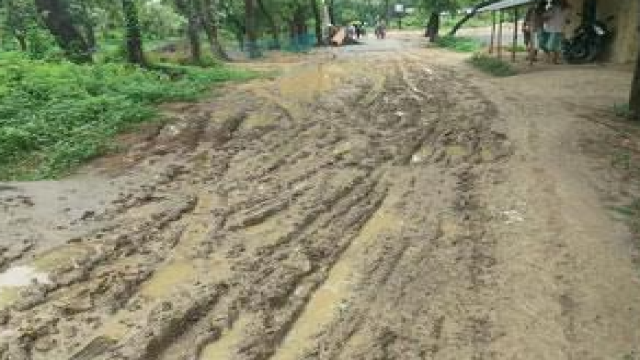


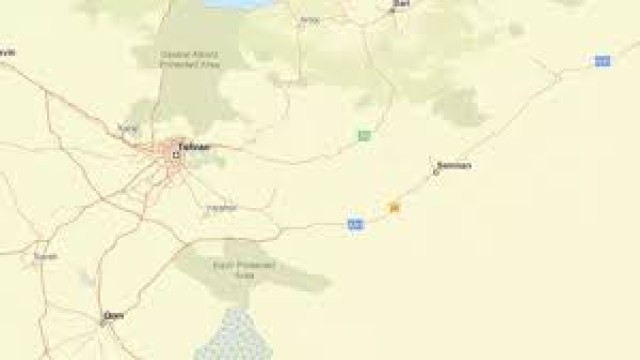
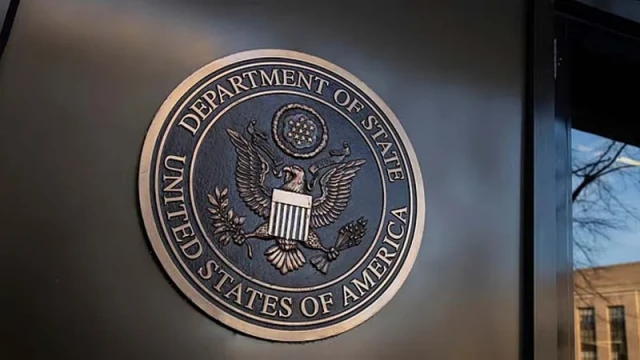

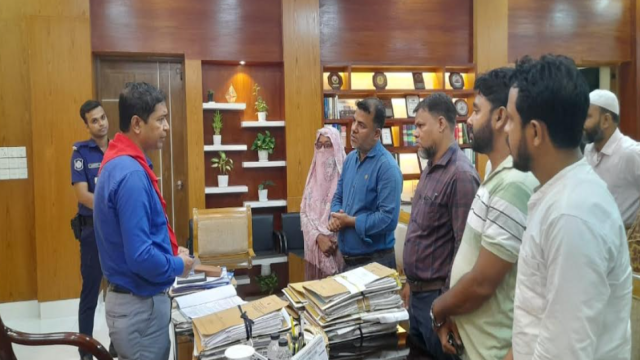


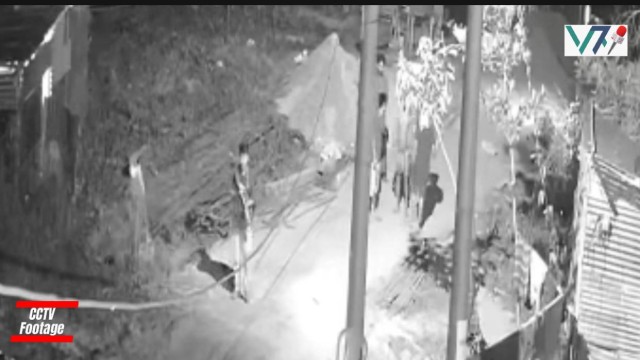
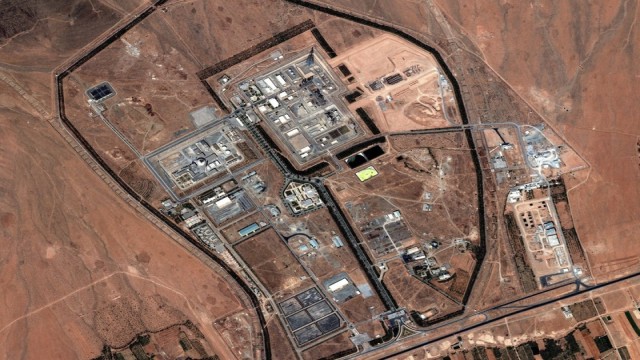

Comment: